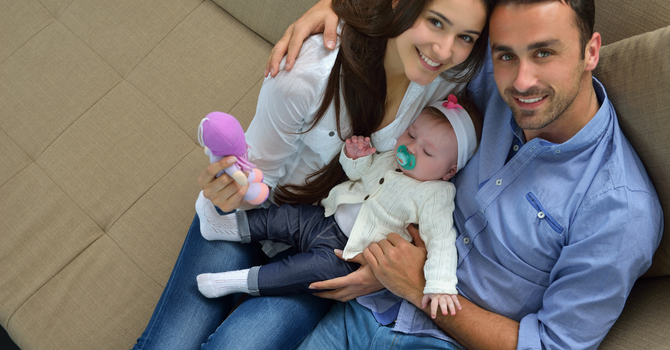Laura Day, author and intuitive, has a rule: no new trauma. This resonates deeply with me, because my life has shown me that trauma often attracts more trauma. The wounds we carry draw us back into the familiar — even when the familiar is harmful — because it mirrors the past. As humans, we crave what we know, searching for answers in the very experiences that shaped us. We grow in relationships; we are relational beings who long for connection and belonging. Yet our nervous systems echo old patterns, sending out signals that say: ‘repeat this.’ Without awareness, those echoes create new damage, trapping us in the very cycles we are struggling and longing to escape. Trauma creates trauma, but it does so by using the same pathways that sustain life.
The cycle begins in the body. Trauma shows up first in muscle tension, headaches, digestive issues, and disrupted sleep. The body learns to brace for what it expects, primed constantly for survival. From there, the body creates the mind: emotions rise from the body and generate thoughts, which then guide how we move through our environment and form our reality. Our mental frameworks — shaped by culture, family, and early training — grow out of this bodily foundation. In this way, trauma doesn’t just live in the past; it lives in our tissues and nervous system, shaping how we think, feel, and respond in the present. Just as life expresses itself through movement, breath, and digestion, trauma expresses itself through contraction, disruption, and hypervigilance. The difference lies not in separate systems, but in how the same systems are shaped — toward harm or toward healing. This is the nature of relational trauma. Our earliest wounds are created in relationship, and they are replayed in relationship. Because we are relational beings, our bodies and nervous systems crave connection, even if that connection repeats the harm of the past. Trauma doesn’t just live in memory — it lives in the push and pull of how we bond, how we trust, and how we seek belonging.
Situations that mirror the past enter and re-enter our lives, vibrating like a magnet. The nervous system, shaped by trauma, sends out a signal that attracts what is familiar — even when it is harmful. This magnetic pull is not weakness, but conditioning: the body and mind searching for resolution by recreating what was never healed. It is as if all of life’s experiences are laid out before us, waiting. The familiar ones pull the strongest, but every path is available. Healing begins when we learn to notice the pull of repetition and then choose differently — to step into life experiences that nourish rather than harm, that grow us instead of retraumatize us. We are not doomed to repeat; we are called to choose. To choose differently, we must learn to listen inward and hear the quiet truth beneath the noise of trauma. We must stop the pain cycle by letting it complete and then choosing differently. Pause, listen, honour ourselves, and break the magnet’s pull. No new trauma in practice means refusing to let the past dictate the present, and choosing relationships, rhythms, and realities that bring us back to life.

Paula MacDonald
Contact Me


